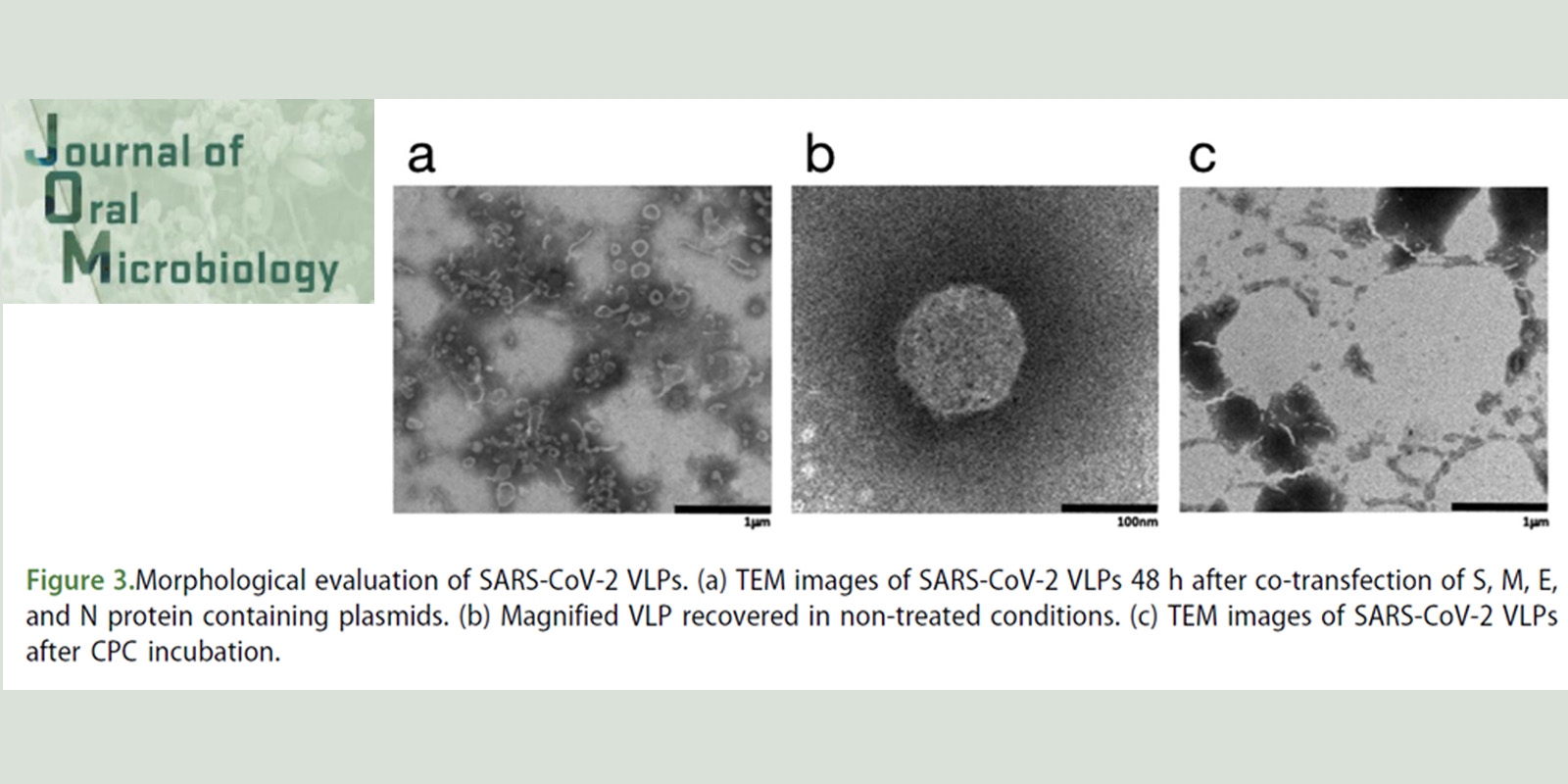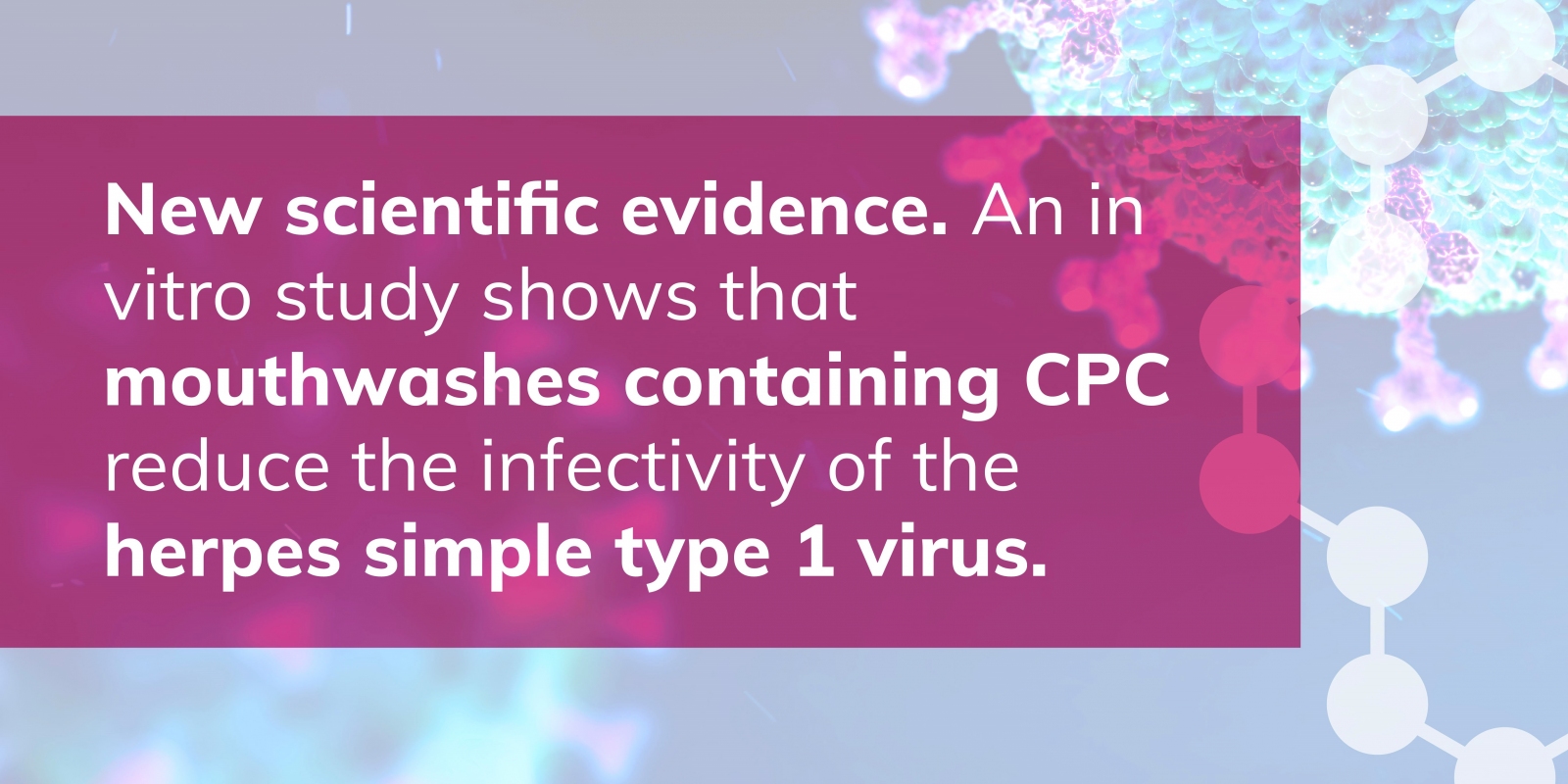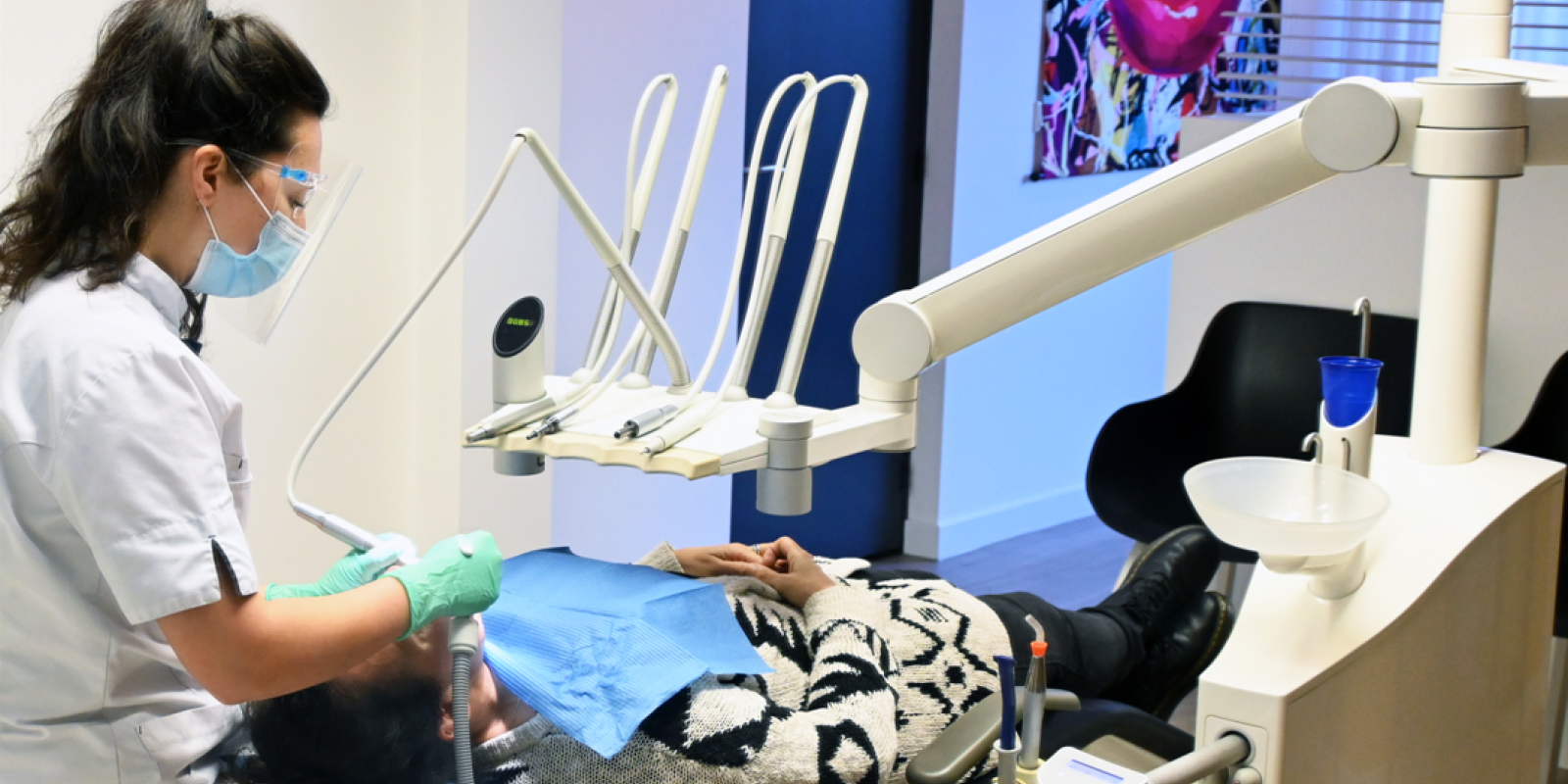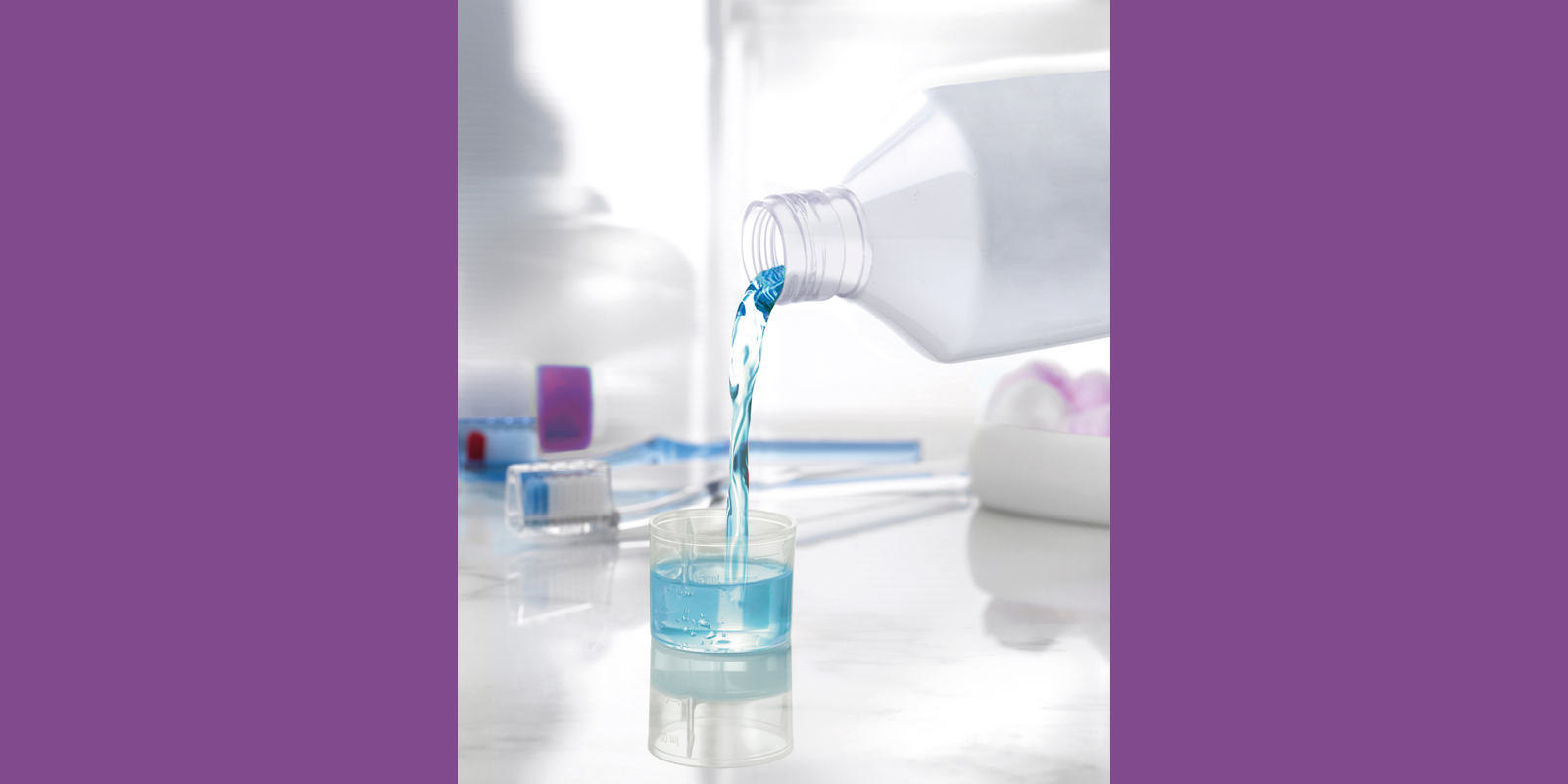DENTAID Press room
For the first time, a study allows us to see the rupture of the SARS-CoV-2 viral membrane on contact with CPC
01 Feb 2022

- A study carried out by the University of Valencia and the DENTAID Research Center demonstrates how CPC acts by breaking the SARS-CoV-2 membrane
- The results have shown that 0.05% CPC, a concentration used in certain mouthwashes, breaks down SARS-CoV-2 virus-like particles (VLP)
- This study corroborates the hypothesis that by breaking viral envelopes, or membranes, Cetylpyridinium Chloride (CPC) makes the virus less contagious.
Barcelona, 01 February 2022.- A study carried out by the University of Valencia and the DENTAID Research Center, published in the Journal of Oral Microbiology, makes it possible to visualise for the first time the rupture of the SARS-CoV-2 viral membrane when coming into contact with Cetylpyridinium Chloride (CPC), a chemical compound present in some mouthwashes.
It has been shown that the SARS-CoV-2 virus has a strong affinity for oral tissues and actively replicates in the salivary glands, which is why the saliva of infected individuals normally has a high load of this virus. This suggests that reducing the viral load in the mouth could be a strategy to reduce its spread. In this sense, several studies have shown that some mouthwashes have the ability to inactivate some viruses that are transmitted through the air, such as the influenza (virus that causes flu), some coronaviruses and even SARS-CoV-2.
Currently, multiple dental societies have recommended the use of mouthwashes with CPC to help reduce the risk of transmission of SARS-CoV-2 in the dental office. Now, the study signed by investigators from the DENTAID Research Center, Dr Manuel Bañó and Dr Rubén León, and by a research group from the Department of Biochemistry and Molecular Biology of the University of Valencia, headed by Professor and Dr Ismael Mingarro completes this research and explains the mechanism of the antiviral activity of the CPC molecule. The results of this study show that the antiviral action of CPC is produced thanks to its ability to break the SARS-CoV-2 membrane and, as has been shown in other studies, this would cause a decrease in the virus’ ability to infect human cells.
CPC’s mechanism of antiviral activity
In the study, virus-like particles (VLPs) that mimic the SARS-CoV-2 virus were generated. As Professor Dr Ismael Mingarro indicates, these particles contain the four structural proteins of the virus and have the size and morphology of the viral particles of SARS-CoV-2. The only difference with the SARS-CoV-2 virions is that the VLPs do not contain genetic material, which makes them non-infective.
The VLPs generated were treated with CPC, and it was observed how those that had been in contact with CPC were disaggregated. “Disaggregation was observed using electron microscopy techniques, where it was possible to demonstrate how these particles rupture when they come into contact with CPC”, points out Professor Dr Ismael Mingarro.
Furthermore, the results demonstrate that CPC significantly decreases the integrity of SARS-CoV-2 VLPs at a concentration as low as 0.05%. “These results corroborate the mechanism of action by which Cetylpyridinium Chloride (CPC) would act on the SARS-CoV-2 membrane, causing its degradation”, explained Dr Manuel Bañó, a researcher at the DENTAID Research Center.
CPC, a key ingredient in many mouthwashes, works as an antiseptic that eliminates bacteria and other microorganisms, such as viruses. One of the key features of CPC is its unique structure that can degrade viral membranes, allowing it to be active against a diverse group of enveloped viruses (such as influenza or herpes virus).
These results help confirm the mechanism by which CPC acts on SARS-CoV-2, through the degradation of its membrane or envelope. One more confirmation that indicates that further studies should be conducted to search for potential treatments where mouthwashes can play a role in the fight against SARS-CoV-2.
“This study explains the mechanism by which CPC can degrade the SARS-CoV-2 membrane, and it is important because it lays the foundations for future experiments in which to demonstrate that the use of mouthwashes is a complementary strategy to prevent the transmission of infectious respiratory diseases transmitted by viruses such as the flu or COVID-19”, added Dr Bañó.
RELATED POSTS

09 Oct 2023
An in vitro study shows that mouthwashes containing CPC reduce the infectivity of the herpes simple type 1 virus

29 Jun 2023
Julia Akkerman: "Raising awareness and motivating people about their oral health depends on professionals"

22 Jun 2022